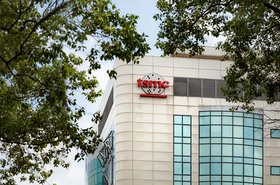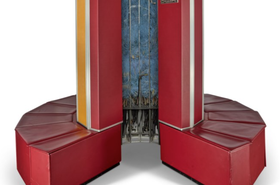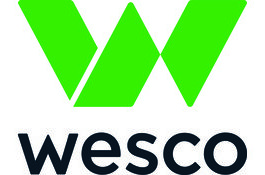Edge AI startup Recogni has announced plans to develop data center AI inference chips.
Speaking to the EE Times, RK Anand, the company’s co-founder and chief product officer, said Recogni wants to apply a logarithmic number system (LNS) to assist AI inference at scale by finding a more efficient way for silicon to support adds alongside multiples for AI inference workloads.
According to the company, where traditional series estimation techniques can be computationally expensive and slow, Recogni is instead using an alternative approximation. However, while this approximation was already used by the company in its first generation chips, it required quantization-aware training (QAT). Recogni’s second-generation chips will no longer require QAT, making it suitable for LLMs with more than 100 million parameters.
The company has dubbed this new number system Pareto and claims it will offer different precisions up to 16-bit, while the hardware will support mixed precisions down to a single row of a single matrix.
“QAT, software-wise, would mean a horrible challenge for us [in the data center] because we would have to get into the training software environment,” explained co-founder and VP of AI and product, Gilles Backhus. “The customer wouldn’t want to do that. We want to keep our software story extremely clean and simple. Because this is one of the main reasons why other chips are not able to be adopted by customers.”
Based in San Jose, California, Recogni has been designing chips for autonomous vehicles since it was founded in 2017. However, the company has pivoted in recent years to focus on designing an accelerator chip that can be used not just in both intelligent autonomous platforms and to support the development of generative AI models.
In February 2024, Recogni closed a $102 million Series C funding round. At the time, the company said it would use the money raised to manufacture and market its first low-power AI compute product. Dubbed Recogni Scorpio, the one petaflops “vision-inference chip” can, condition-depending, detect objects within an accuracy of 300m.




